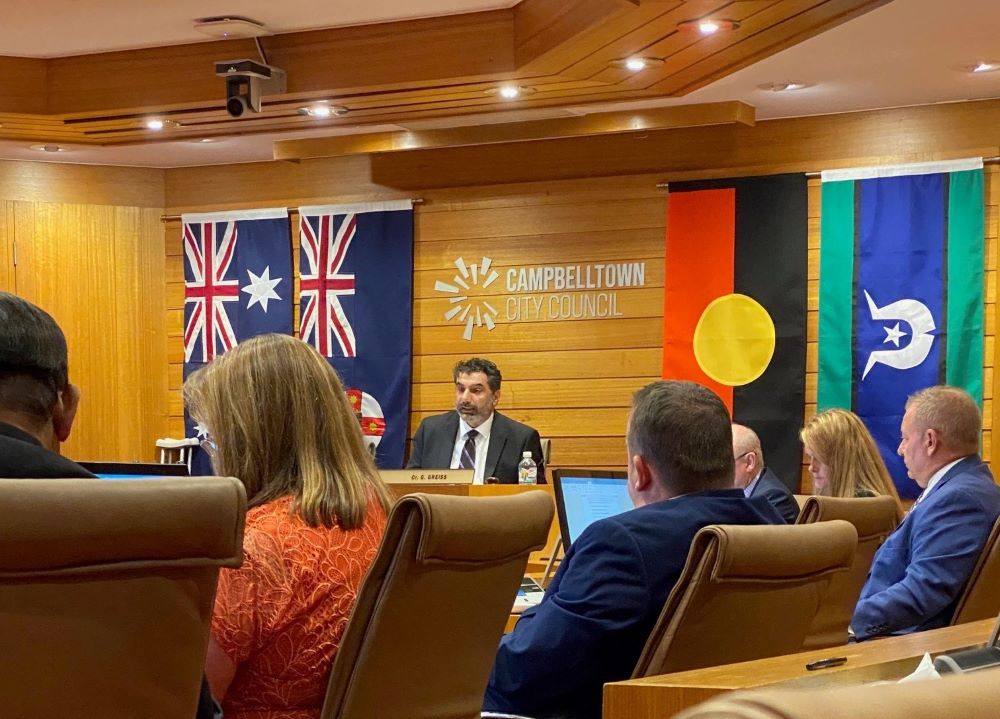
There aren’t too many friends of local councils in Australia. For whatever reason, councils cop it from everyone.
And yet most people of any local government area wouldn’t have a clue who their mayor was, let alone any of the elected councillors or indeed the general manager or senior staff.
Speaking of councillors, some weird people have managed to get themselves elected to councils over the years.
No doubt this is one of the reasons for the lack of respect for councils across the board.
People do have short memories, however, because the fact is that some of the giants of Australia politics started their career as either a councillor or mayor somewhere.
Now councils have also lost their planning powers, one of the most important areas of responsibilities they used to have.
And the biggest challenge councils face is that they cannot raise the money they need to operate properly because successive state governments have put a ceiling on how much they can charge for rates every year.
It’s called rate pegging, and while it may have been necessary for some councils, it has been a hindrance for most of the well run ones.
Having covered councils for more than 40 years it’s clear that unless something’s done, councils will remain on the doldrums well into the future.
But they are a serious part of governance in our country, and, in my view, worth trying to make them better.
What’s required is a bit of a shake up to set up councils as an important, serious third tier of government.
There’s plenty of things we need to do, but let’s just go for the Top 5 changes to make councils better.
Number 1. Constitutional recognition would be a good start, to free councils from the yoke of state governments.
Number 2. Re-draw boundaries of councils to make them bigger. In the Sydney metropolitan area there should only be four plus the City of Sydney council.
Number 3. Remove rate pegging so councils can raise the money they need to fix roads and all the other responsibilities they have.
Number 4. Mayors should be elected by the people every four years and be full time.
Number 5. Roads and rates can continue to be things councils do, but not rubbish collection.




Hi. I am interested in looking at the Ward system. Some councils still have them but many found them unworkable and resorted to a single tier system. A councillor dedicated to a specific area would be more approachable I would think.
On another note re your second point, it would be interesting to see how the councils that were amalgamated a few years ago are doing.
Thanks as ever for your newsletter.
Good points, there, Judith, thank you. Campbelltown is a single ward, and I’ve always argued it should be more than one. Amalgamations did not work, by and large, because they were not done as part of a proper overhaul of the local government system.
Hey Eric,
These are great points you’ve made.
What do you think of the idea that the state should manage all roads and take a portion of rates?
I’m sure there are some disadvantages, however i think it would help the distribution of roads funding not be so disproportionate to rural and regional councils, with the added benefit of a more standard approach to fixing the roads across the state.
I think this would help councils focus on the plethora of other problems that they face.
It is an idea worth taking seriously, Rick, thanks for that.